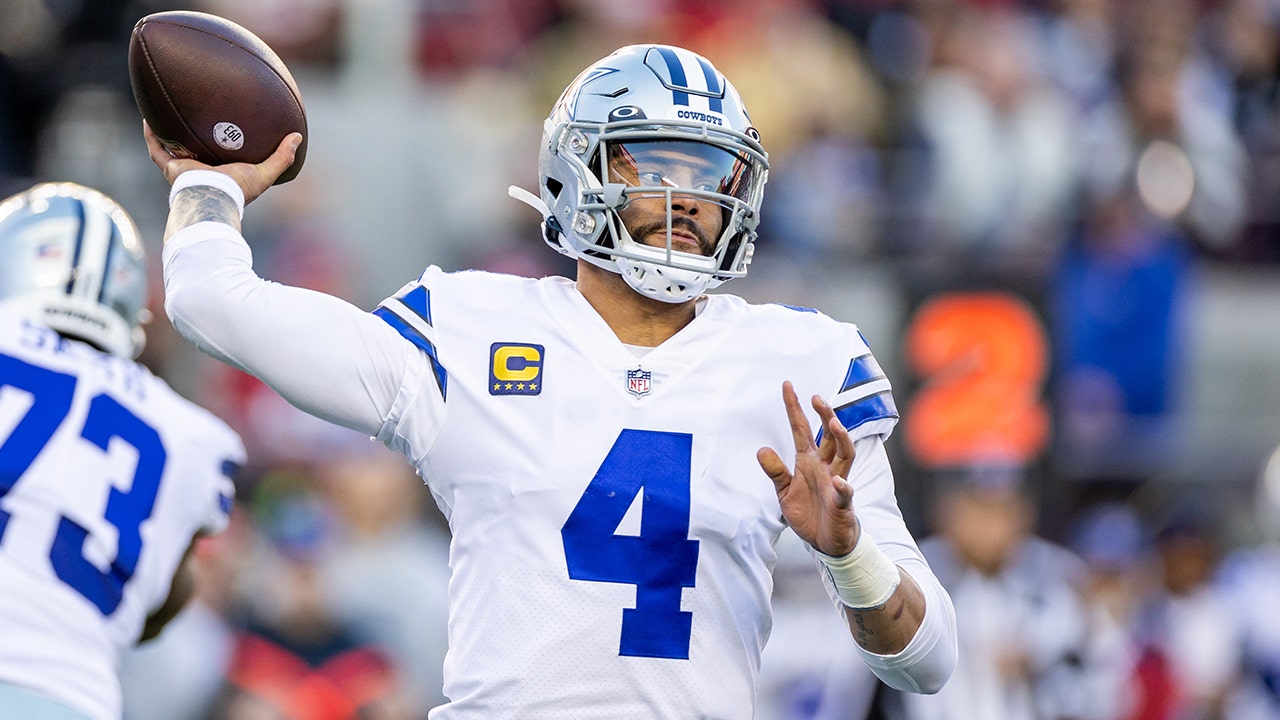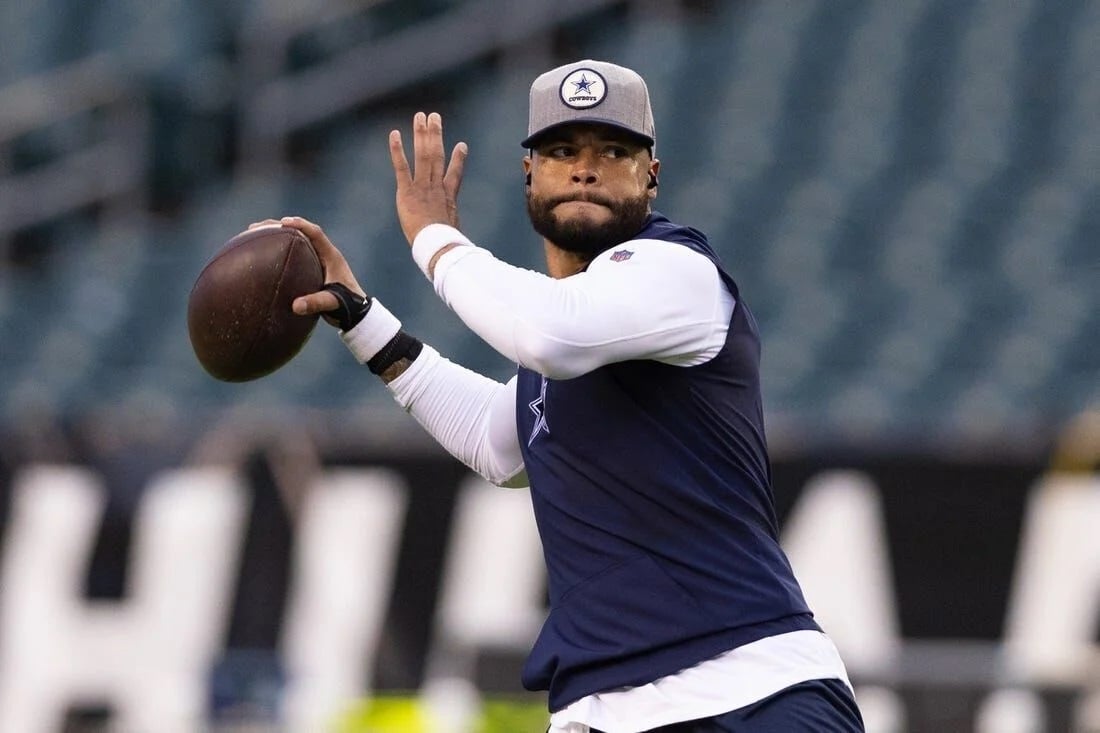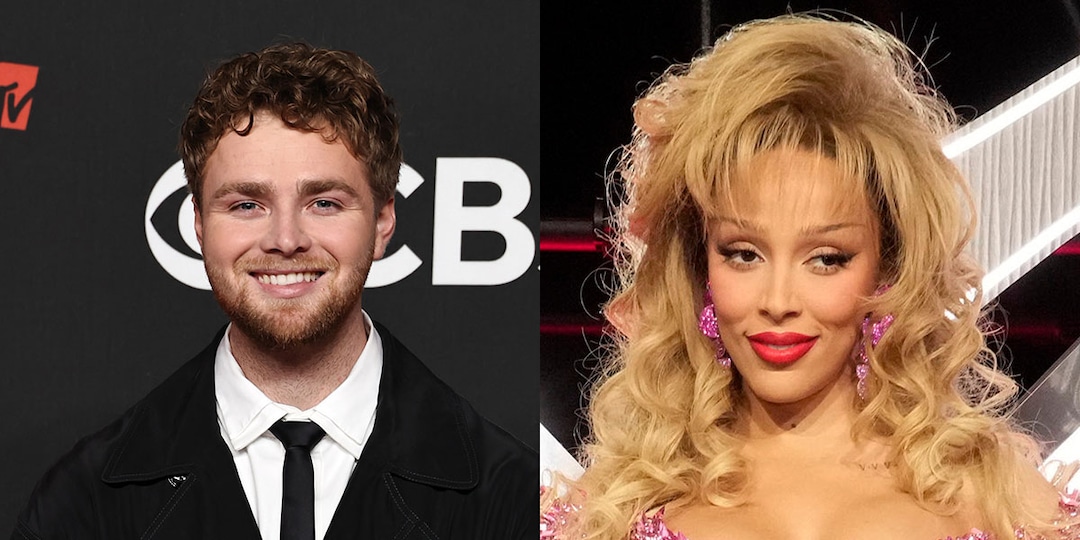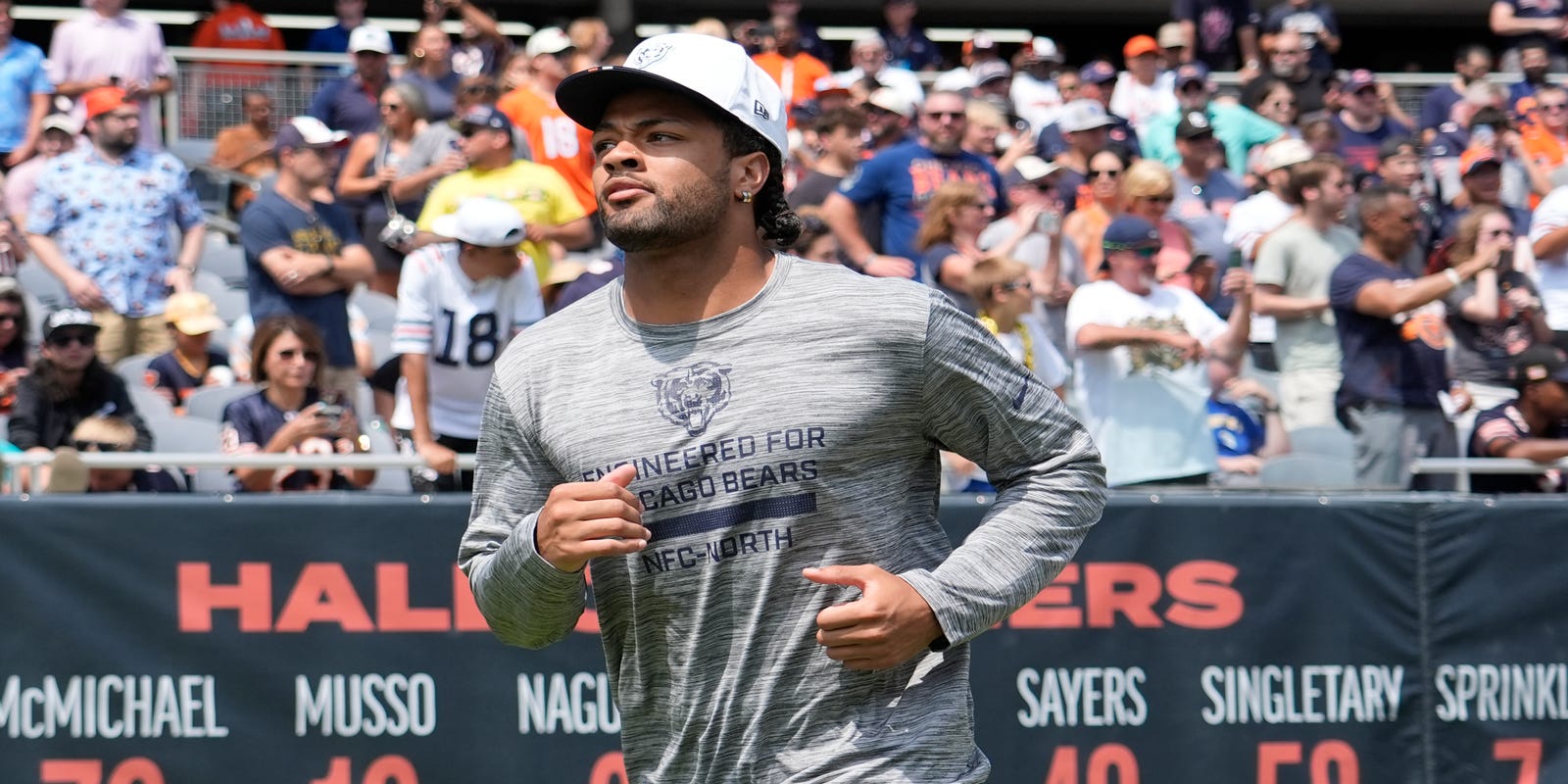
Cowboys’ Dak Prescott Elects To Have Season-Ending Surgery
A Critical Examination of the Complexities Surrounding His Decision
The Injury and Decision-Making Process
Dallas Cowboys quarterback Dak Prescott suffered a thumb injury in Week 1 of the NFL season, leading to significant debate about whether he should undergo surgery or attempt to play through the pain. After consulting with medical experts and the team’s coaching staff, Prescott ultimately opted for surgery, effectively ending his 2022 campaign.
The Implications for the Cowboys
Prescott’s absence is a major blow to the Cowboys’ Super Bowl aspirations. He has been the team’s starting quarterback since 2016, leading them to three playoff appearances and the NFC East division title in 2018. Without Prescott, the Cowboys will rely on backup quarterbacks Cooper Rush and Will Grier.
Different Perspectives on the Decision
Cowboys Organization: The Cowboys fully support Prescott’s decision, prioritizing his long-term health and the team’s future success.
Medical Experts: Orthopedic surgeons generally recommend surgery for thumb injuries of this nature to ensure a full recovery and prevent further damage.
Fans: Some fans are disappointed that Prescott will miss the season but understand the importance of his health. Other fans expressed frustration, believing he should have tried to play through the injury.
Arguments for Surgery
Arguments Against Surgery
Analysis of Relevant Studies and Articles
A study published in the Journal of Hand Surgery found that surgical repair of thumb ligament tears resulted in significantly improved function and less pain compared to conservative treatment.
A Sports Medicine article reported that quarterbacks who underwent surgery for thumb injuries typically returned to play in three to four months and maintained their performance level.
Conclusion
Dak Prescott’s decision to undergo season-ending thumb surgery was complex, involving medical, football, and personal considerations. While some fans and analysts may have preferred a different outcome, it is important to respect Prescott’s choice and the medical evidence that supports it. The Cowboys organization must now navigate the challenges of playing without their star quarterback while Prescott focuses on his recovery and rehabilitation.
The broader implications of this decision extend beyond the Dallas Cowboys. It highlights the importance of player health and the ethical responsibilities of sports organizations to prioritize the well-being of their athletes. As the NFL continues to emphasize player safety, similar decisions may become more common in the future.



